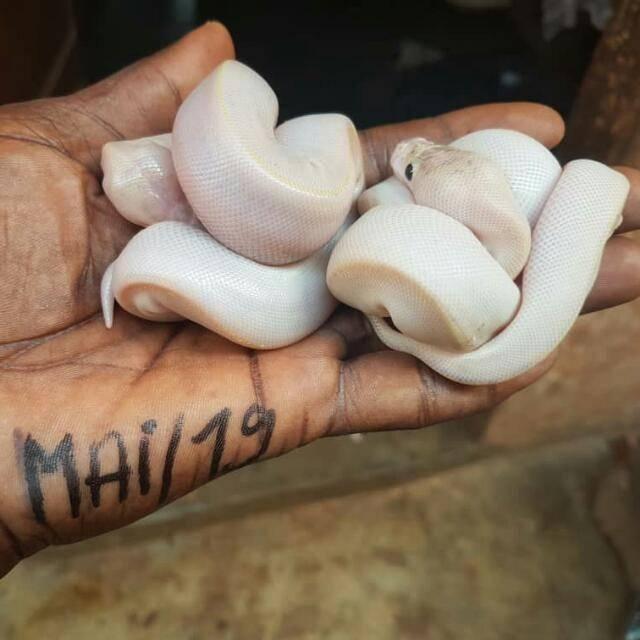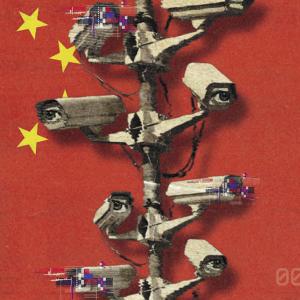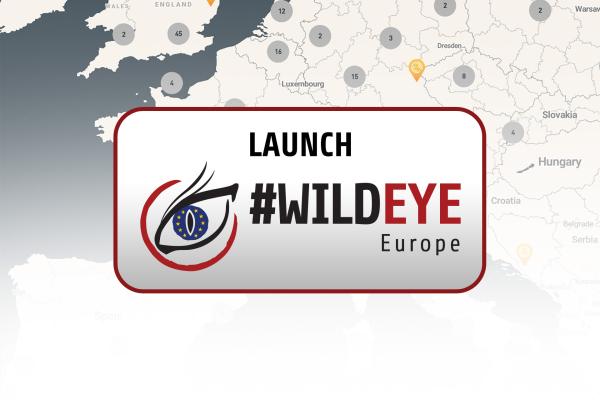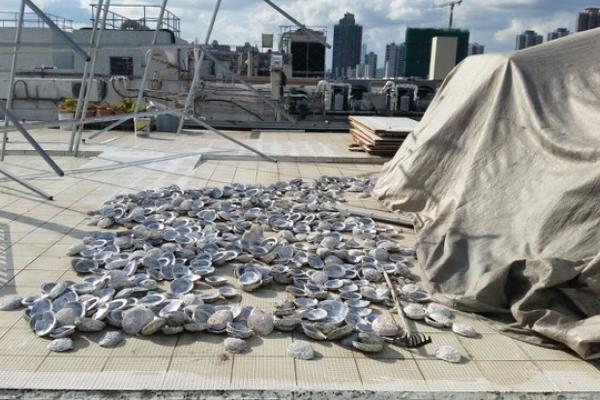By turning an eye towards innovative technology, law enforcement agencies are creating more effective ways of tracking down the people involved in these activities – often, by following the money trail.
Although many e-commerce (e.g. eBay in the United Kingdom) and social media platforms (e.g. Facebook) have banned the sale of wildlife specimens protected by the Convention on International Trade in Endangered Species (CITES), it is still easy to find almost anything you are looking for. Often, you can find ball pythons, Hermann’s tortoises and boa constrictors (all CITES Appendix I and II) on closed Facebook groups, with names like “Reptiles for sale in Europe”.
Following the money is one way of attempting to disrupt digitally-enabled wildlife trafficking. This can, however, be difficult to do, with a wide variety of payment systems and varying levels of regulation around the world. Although many traders prefer to operate in cash, systems like Western Union which is not always easily traceable and WeChat Pay, which is integrated into the social media channel, make tracking down perpetrators an even more complicated task.
Turning to technical innovations to solve the problem has become the leading approach by organisations like the Global Initiative against Transnational Organised Crime, Interpol and Rhino Coin. These include the creation of a tool that searches the Internet and identifies URLs where a commodity is being advertised for sale or talked about; interacting with sellers and buyers to try to better understand how these transactions really work and trading legal rhino horn in the form of cryptocurrency to raise funds for anti-poaching efforts.
In this investigation we look at how online illegal wildlife trade facilitates illicit financial flow; what interacting with traffickers is really like; what impact increased digitally-enabled trade has on grassroots, anti-poaching units and what role – if any – technical innovation is having on disrupting the market. This is a transnational investigation that links Africa, Europe and Asia, and incorporates the efforts of journalists from South Africa, Italy and China.
----
For their safety, our team member from Shanghai, China, has chosen to remain anonymous. They have several years of experience as an investigative environmental reporter in Asia and Africa.
The journalist is known to Journalismfund.






